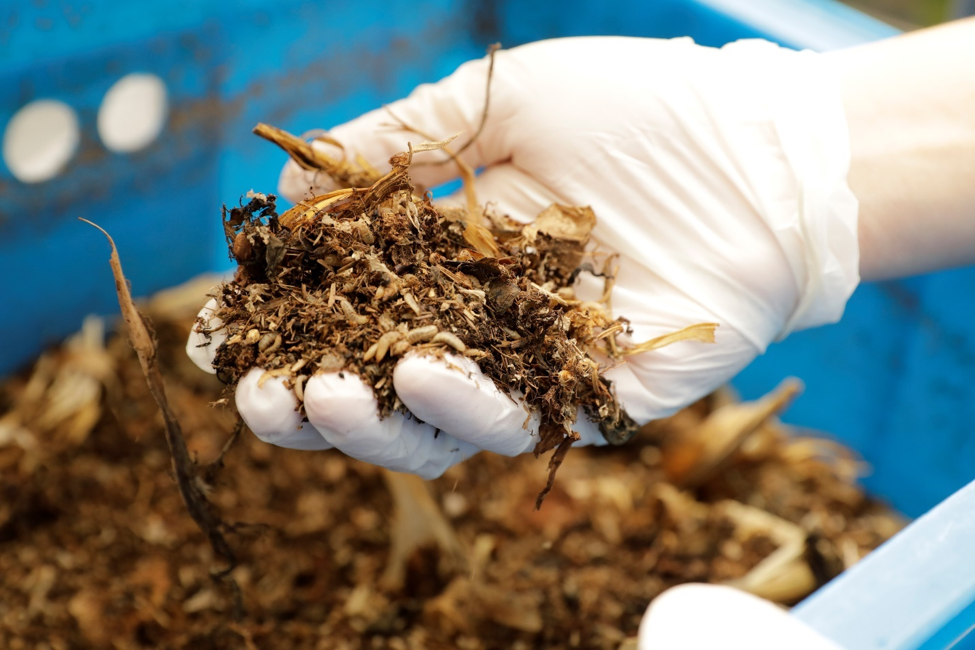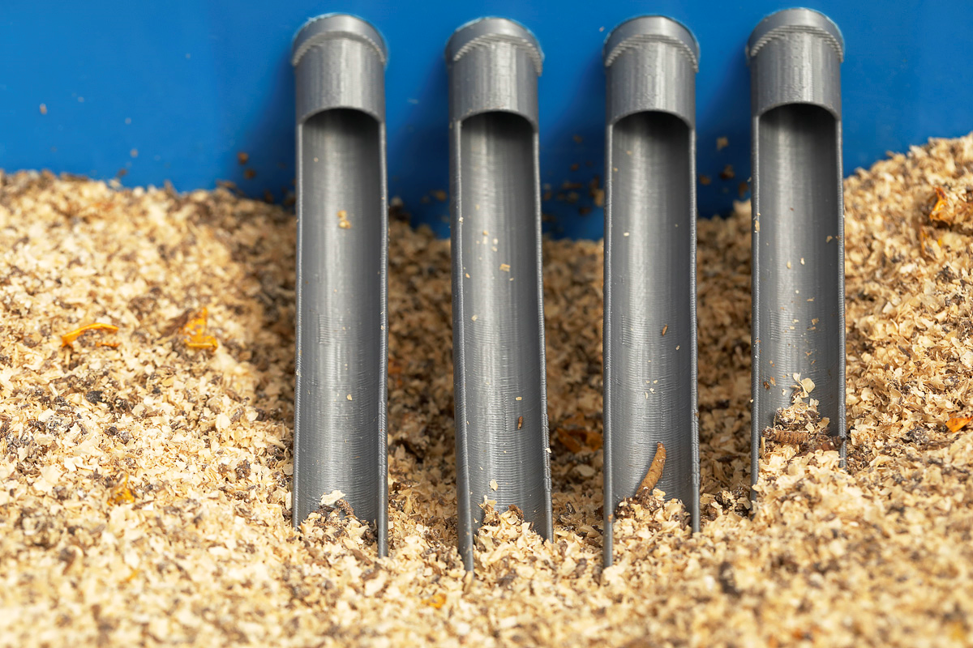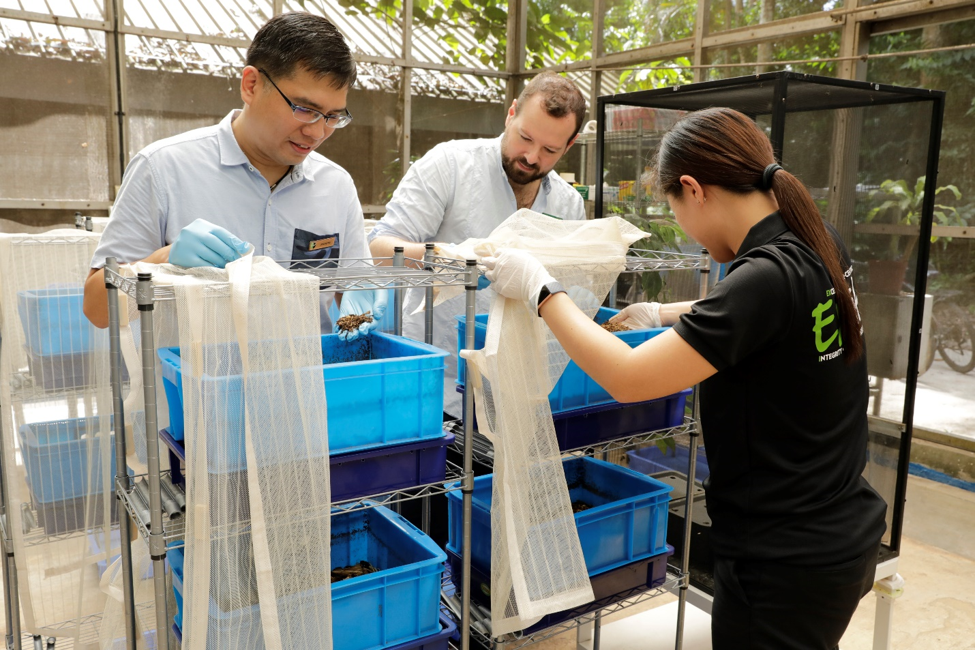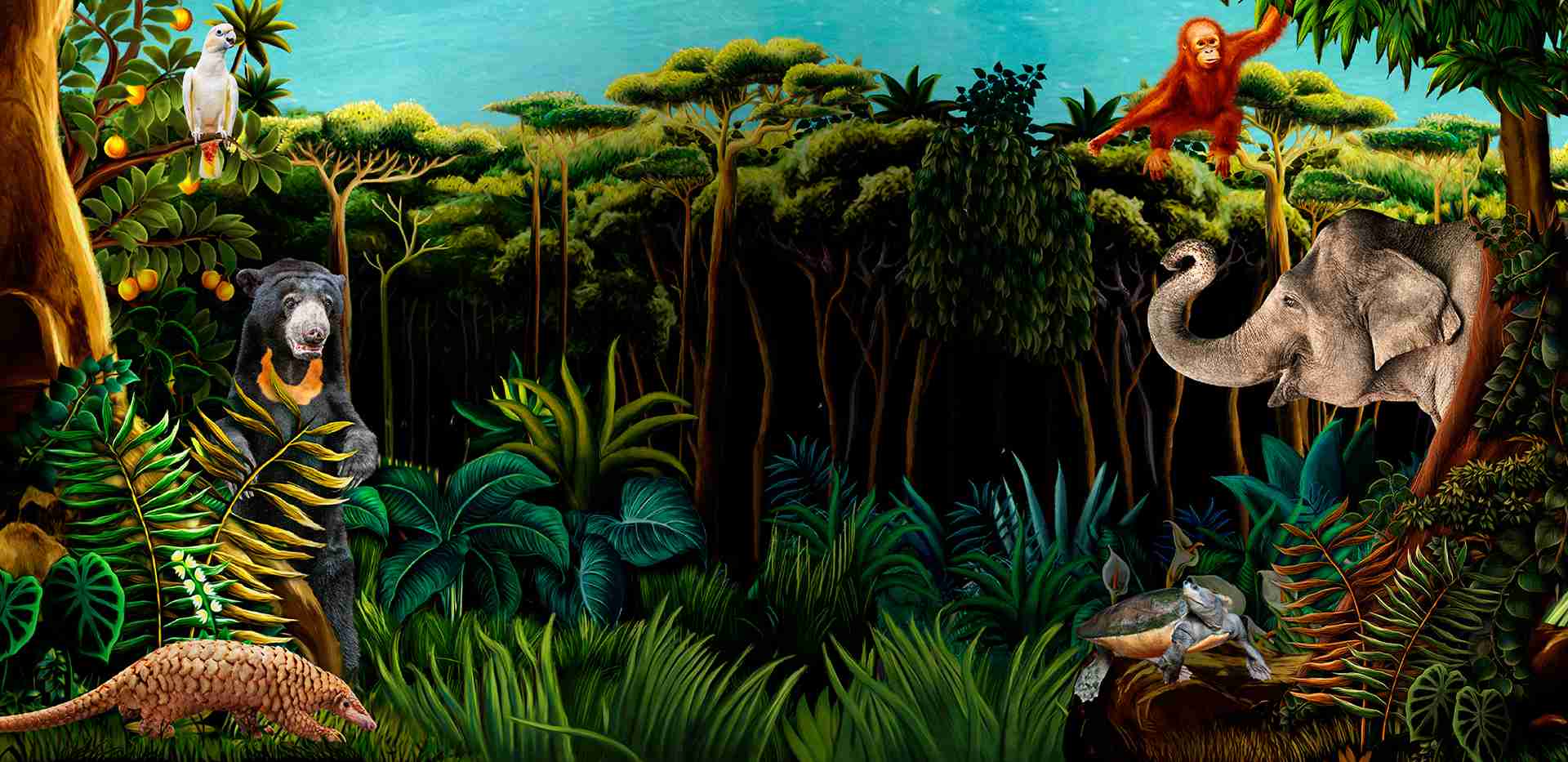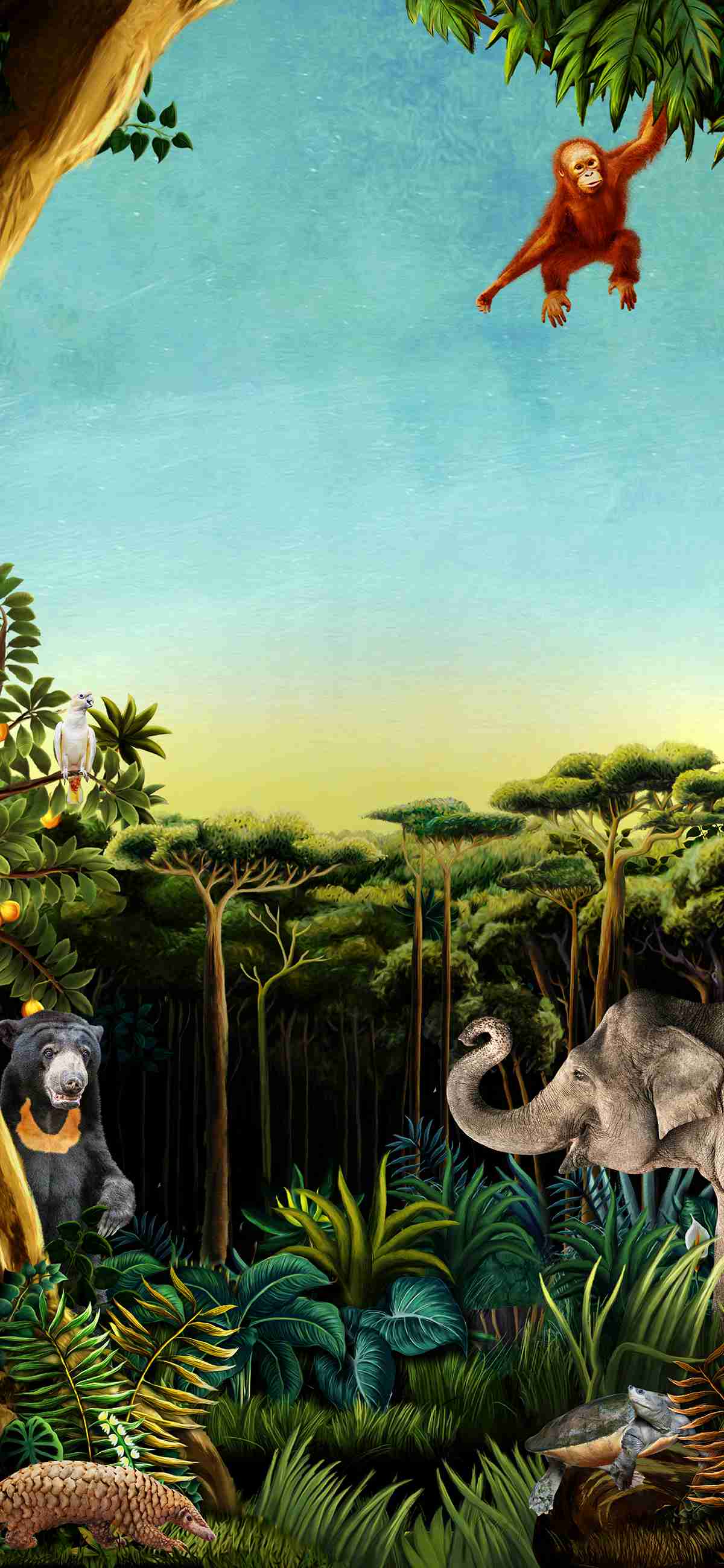Wildlife Reserves Singapore partners with local tertiary institution to manage carnivore dung with black soldier flies
Given the Black Soldier Flies’ voracious appetite and ability to consume most organic matter such as animal and food waste, they are increasingly being used in commercial waste management systems. Additionally, their unique biology allows them to suppress pathogens found in such waste, making them effective food-waste recyclers.
While conversion and growth rates have been well documented for Black Soldier Flies (BSF) larvae that are fed herbivorous and animal food waste, one aspect that has yet to be researched is that of BSF reared on carnivorous waste. In 2019, Wildlife Reserves Singapore (WRS) and Republic Polytechnic, a local tertiary institution, embarked on Singapore’s first joint research to use empirical data to study the viability of using BSF to manage carnivorous waste from WRS, and validate the safety of using BSF larvae reared on carnivorous waste as animal feed for insectivorous species.
Led by Principal Investigator Dr Lily Ganda and her team of colleagues and students from Republic Polytechnic Singapore, in collaboration with Dr Francis Cabana, Assistant Director, Zoology from WRS, the one-year study aims to potentially identify environmentally sustainable and closed-loop waste management systems.
A BSF facility was set up at the back-of-house area in the Singapore Zoo in March 2019. The first phase of the project involved the study of the growth and conversion rates of BSF larvae reared across three different substrates – carnivorous waste, animal food waste and herbivorous waste. The second phase would seek to validate the safety of using BSF larvae reared on carnivorous waste as animal feed for insectivorous species, through a series of tests for microbiological pathogens. In its final phase, the project hopes to determine the nutrient content of BSF larvae reared on carnivorous waste and assess its suitability as animal feed.
The facility is currently home to a colony of hundreds of adult flights and larvae capable of processing up to 100kg of waste daily.
Led by Principal Investigator Dr Lily Ganda and her team of colleagues and students from Republic Polytechnic Singapore, in collaboration with Dr Francis Cabana, Assistant Director, Zoology from WRS, the one-year study aims to potentially identify environmentally sustainable and closed-loop waste management systems.
A BSF facility was set up at the back-of-house area in the Singapore Zoo in March 2019. The first phase of the project involved the study of the growth and conversion rates of BSF larvae reared across three different substrates – carnivorous waste, animal food waste and herbivorous waste. The second phase would seek to validate the safety of using BSF larvae reared on carnivorous waste as animal feed for insectivorous species, through a series of tests for microbiological pathogens. In its final phase, the project hopes to determine the nutrient content of BSF larvae reared on carnivorous waste and assess its suitability as animal feed.
The facility is currently home to a colony of hundreds of adult flights and larvae capable of processing up to 100kg of waste daily.
To date, the first of its kind study has revealed that BSF larvae reared on carnivorous waste are larger in size due to the high crude protein content in carnivorous waste. High quantities of soluble nutrients in carnivorous waste also provide high growth and conversion rates as compared to BSF larvae reared on herbivorous waste.
This study is one of four research projects supported by the Mandai Research Fund, which aims to support research to gain a greater understanding of local biodiversity and bolster efforts to strengthen Singapore’s environmental knowledge base. The fund was set up by Mandai Park Development (MPD), the development arm of Mandai Park Holdings (MPH), which is driving the rejuvenation of Singapore’s Mandai precinct into an integrated nature and wildlife precinct.
This study is one of four research projects supported by the Mandai Research Fund, which aims to support research to gain a greater understanding of local biodiversity and bolster efforts to strengthen Singapore’s environmental knowledge base. The fund was set up by Mandai Park Development (MPD), the development arm of Mandai Park Holdings (MPH), which is driving the rejuvenation of Singapore’s Mandai precinct into an integrated nature and wildlife precinct.
